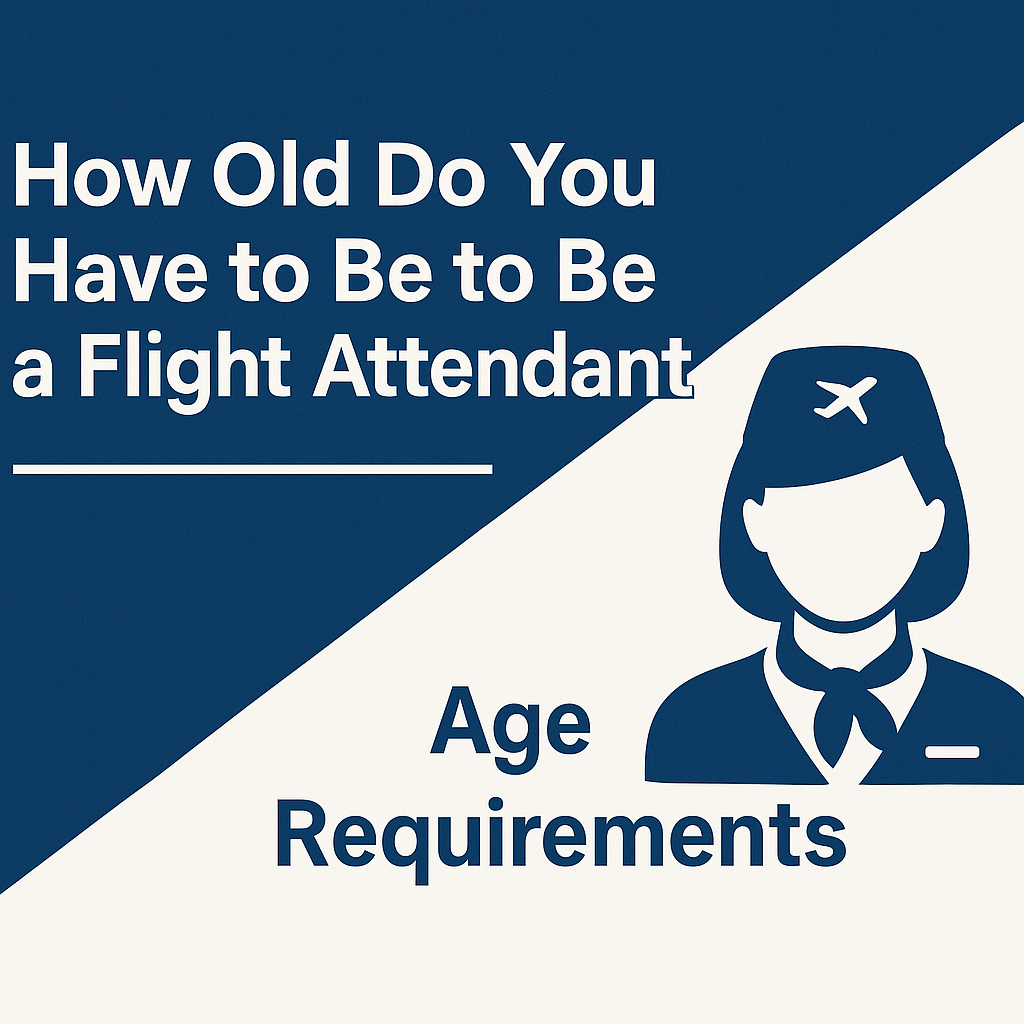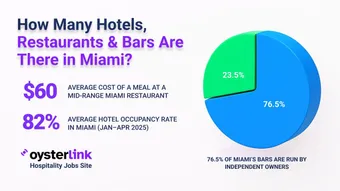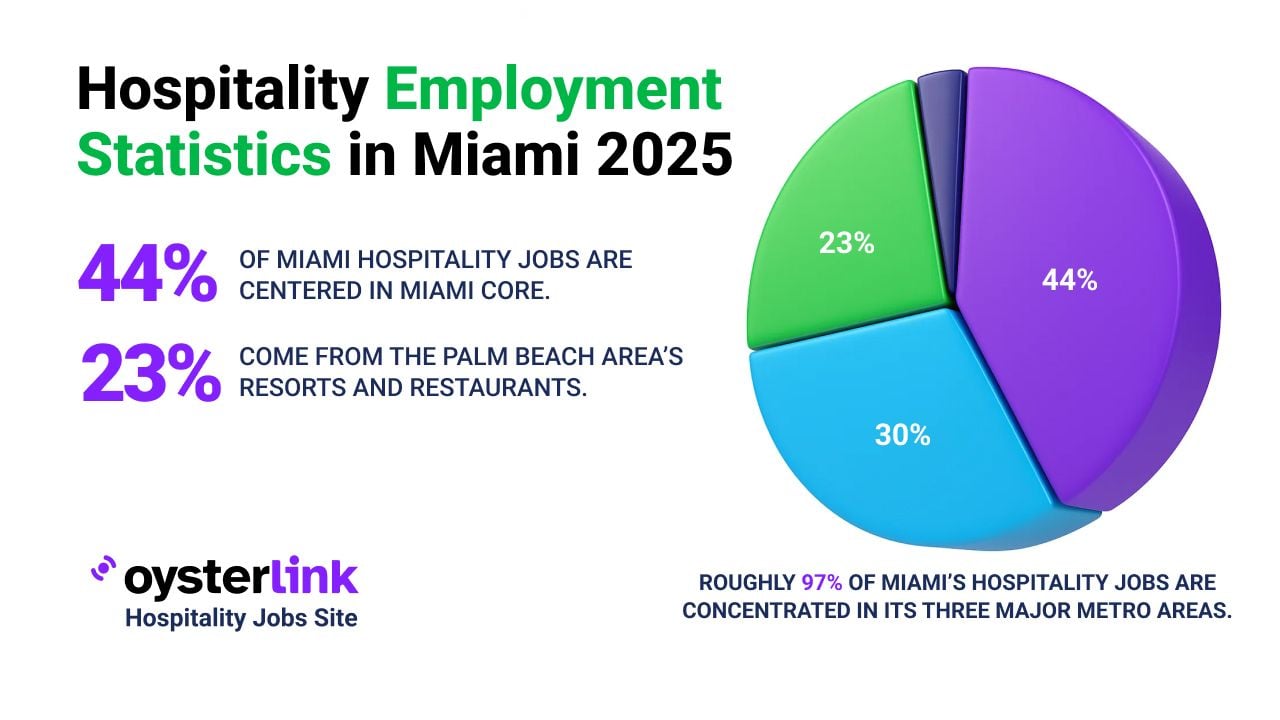How Old Do You Have To Be To Be a Flight Attendant Key Takeaways:
- Minimum age to be a flight attendant in the U.S. is usually 18 or 21, depending on airline.
- FAA does not set a fixed minimum age, but airlines require legal adulthood.
- Most airlines require a high school diploma or GED plus customer service experience.
The FAA does not publish a single minimum age for flight attendants. Instead, airlines determine the requirement within labor law limits. In the U.S., legal adulthood is 18.
That sets the floor for work. Some airlines hire at 18, while others raise the bar to 21. This creates two clusters: entry at 18 for regional carriers, and entry at 21 for majors.
Airlines also tie age to alcohol service. Federal rules allow serving alcohol at 18 in some states, but airlines crossing states set their own standards. For long-haul international flights, 21 is the common baseline.
Airline Age Requirements: Major Carriers vs. Regionals
Most airlines set their own standards. Delta, American Airlines, and United usually require flight attendants to be 21. Southwest Airlines often aligns at 20 or 21.
By contrast, regional carriers like Mesa Airlines or Republic Airways sometimes hire at 18.
The difference comes from route structure. Long-haul and international service demand higher maturity and alcohol service compliance.
Regional flights are shorter, with fewer international complications.
Age vs. Training Eligibility
Airlines require successful completion of initial training before official employment.
If the minimum age to hire is 21, training cannot begin earlier. Candidates under the cutoff may attend customer service or hospitality programs but not airline training.
Flight attendant training covers safety, aircraft evacuation, food service, grooming policies, and FAA compliance.
New flight attendants must pass exams, drills, and medical checks. Age intersects with maturity, responsibility, and ability to learn under pressure.
Age and Customer Service Experience
Most airlines require prior customer service experience. Jobs in hospitality, retail, or restaurants count.
The logic is that older candidates may have more work history, but younger candidates can qualify if they demonstrate customer service ability.
High school graduates may apply at 18, but often need strong references.
Airlines value communication, patience, and professional appearance. Age is a factor, but experience weighs equally.
Education and Credentials
A high school diploma or GED is the baseline requirement. Airlines rarely require college degrees, though some prefer candidates with higher education.
Education intersects with age: students may finish high school at 18 and immediately apply.
Additional certifications in hospitality, tourism, or foreign languages can strengthen an application. Airlines require English fluency, and foreign passport holders may face additional legal right checks.
Health, Fitness, and Appearance Requirements
Age connects directly to health. Airlines require flight attendants to meet physical standards: reach overhead compartments, lift heavy objects, and perform aircraft evacuations.
Candidates must pass medical checks and background checks.
Appearance standards include grooming policies, uniforms, restrictions on visible tattoos, and professional presentation.
Airlines require stamina, as schedules are long and irregular. Older candidates may face physical challenges, but experience can offset.
International Comparisons
Airlines outside the U.S. set different minimum ages. In the European Union, some carriers hire at 18.
In Asia, standards vary from 18 to 21. Middle Eastern airlines often hire at 21 due to alcohol laws and long-haul routes.
Comparisons matter for U.S. applicants seeking global careers. Age interacts with international policies, legal systems, and cultural expectations.
Candidates with dual citizenship or foreign passports must meet both sets of requirements.
Career Pathways and Progression
Age is only the entry point. Flight attendants advance to senior flight attendant, purser, or in-flight manager.
Experience, leadership, and service quality drive promotion. Airlines award based on completion of years, performance, and compliance.
Younger flight attendants may enter early and build decades of experience. Older entrants may leverage maturity and management skills to advance quickly.
Career options extend to training roles, recruiting, or aviation management.
Lifestyle and Scheduling Challenges
Age ties into the ability to manage irregular schedules. Flight attendants work nights, weekends, holidays, and back-to-back flights.
Flexible schedule is mandatory. Younger candidates may adapt faster; older candidates may value stability.
The lifestyle includes layovers in multiple countries, changing time zones, and physical stress. Airlines require high standards of safety and service under fatigue.
The ability to manage this depends on stamina, support, and personal choice.
Age-Related Pros and Cons
Being younger offers energy, longer potential career span, and easier adaptation to company culture.
But younger applicants may face maturity questions. Older applicants bring experience, stability, and customer service skills, but may encounter physical strain.
Airlines hire across both spectrums. Success depends on passing training, complying with standards, and demonstrating customer service excellence.
Related Careers in Aviation and Hospitality
Candidates under 18 cannot become flight attendants but may explore related jobs.
Gate agents, ticketing agents, baggage handlers, and hospitality roles all build transferable experience.
Hospitality careers in hotels, restaurants, and tourism provide strong preparation.
Later, applicants can transition into aviation roles.
How Old Do You Have To Be To Be a Flight Attendant: Conclusion
The answer to “how old do you have to be to be a flight attendant” is both simple and layered. In the United States, the minimum is 18 for some airlines and 21 for most major carriers.
Age links to education, physical ability, and legal compliance. Training, customer service, and lifestyle readiness all matter equally.
Whether starting young or entering later, the path offers a challenging and rewarding career in aviation, grounded in service, safety, and adaptability.



.webp)
.webp)